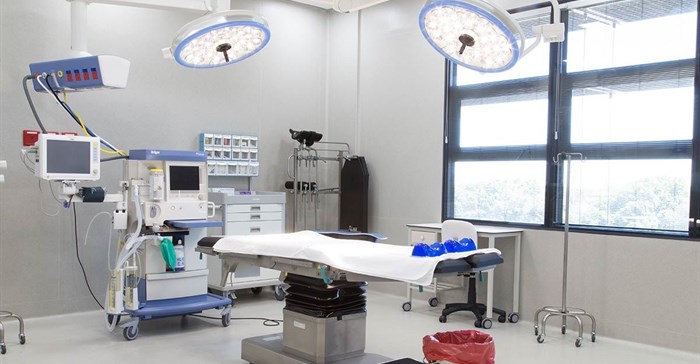
Top stories





Marketing & MediaWarner Bros. was “nice to have” but not at any price, says Netflix
Karabo Ledwaba 1 day

More news

Logistics & Transport
Maersk reroutes sailings around Africa amid Red Sea constraints
















For a small percentage of the population, healthcare costs are covered by medical aid, but only an estimated 16% of South Africans have such coverage while the rest rely on an already overburdened healthcare system. Continuing downward pressure on the economy is pushing even those with medical cover to either reduce it, or outright terminate their membership just to make ends meet, leaving more and more South Africans vulnerable.

While there are several factors contributing to the increase in private healthcare costs, including the volatile exchange rate and its impact on the cost of importing medical equipment, the rising costs of medication, doctors’ fees, the increasing average age of principal members on the schemes, the biggest culprit is private hospital costs.
According to the Council for Medical Schemes’ 2014-2015 report, hospital fees constitute the bulk of fees paid by medical schemes with total hospital expenditure amounting to 37.6%, of the R124.1-billion that medical schemes paid to all healthcare providers in 2014. This was an 11.6% increase in expenditure on hospitals from the previous year and this trend has not abated.
Whether we like it or not, the reality is that healthcare costs in SA – especially private hospitals– have become too expensive. The compound hospital cost escalation of 15% per annum is unaffordable and is not sustainable in our healthcare environment. However, some 70% of surgical procedures, currently done in acute hospitals, can safely be performed in a day surgery facility.
In South Africa, day hospitals offer significant opportunities to improve the efficiency of private hospitalisation. Locally, only approximately 13% of all surgical procedures are attended to in day hospitals, an extremely low figure compared to the almost 70% international utilisation of day hospitals.
The potential to increase the use of day hospitals is significant, bringing clear benefits to both patients and medical schemes. Several factors influence the cost model of day hospitals: no large catering facilities, no ICU or specialised theatre, no overnight beds to cater for and no after-hours staff costs, no emergency unit and more reasonable per minute theatre fees compared to an acute facility.
We’ve moved on since the early 1980s where day case surgery was more focused on dental care and minor procedures. Day hospitals across the world are transforming the surgical experience for millions of patients by providing them with a more convenient alternative to hospital-based surgery. It’s time for South Africans to take advantage of the many benefits of this option.